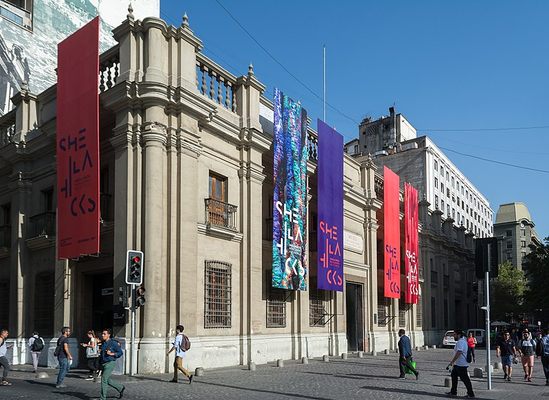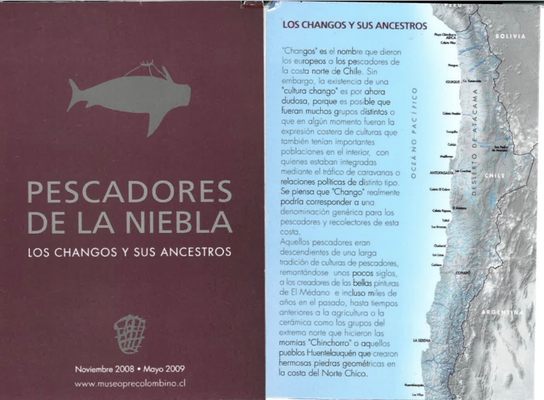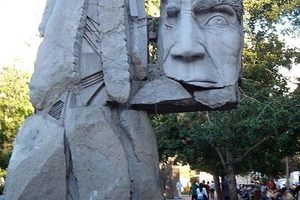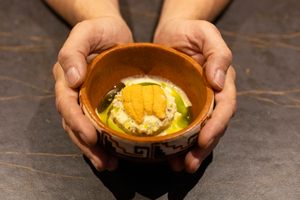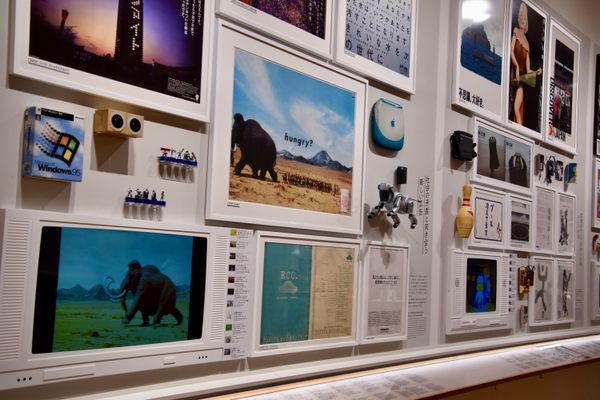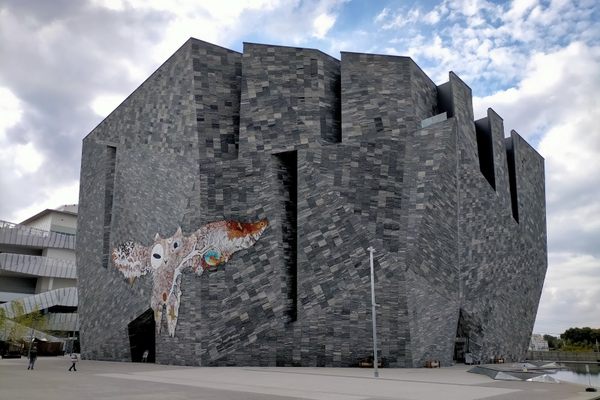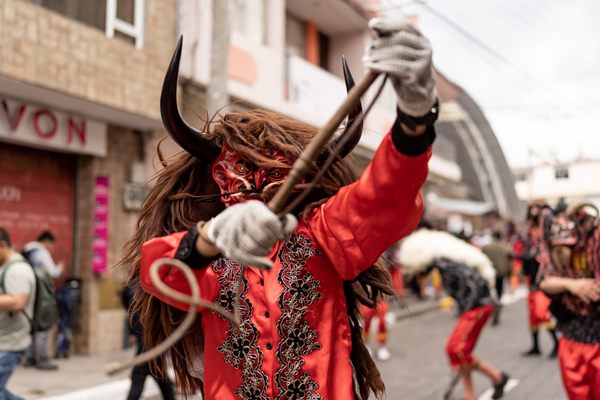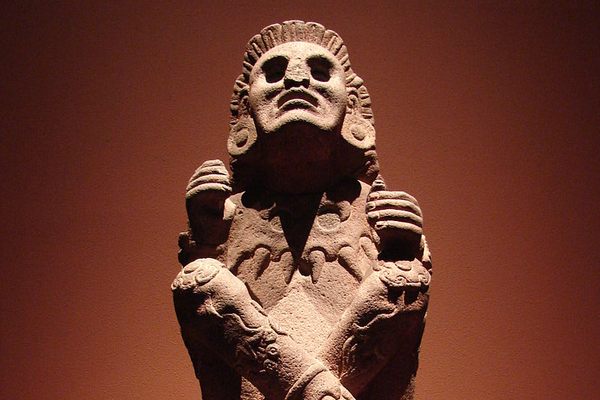About
This collection of more than 3,000 pieces spans almost 100 different Latin American groups and 10,000 years of history. The artifacts, many of them donated by collector Sergio Larraín García-Moreno, are displayed in the beautifully restored, three-story Royal Customs House, which was constructed in 1807.
In addition to everyday clothing and ceramics, some of the more unique pieces include ceramic whistling jars and a Chinchorro mummy from the Chilean northern coast dating to 1900 BC. Also throughout the museum, visitors will also the opportunity to marvel at Mapuche totem poles used to mark graves, each carved from a single tree and vomitivos, or vomit spatulas, which were used to induce ritual purging.
Perhaps one of the museums most bizarre sculptures is that of Xipe Totec "Our Lord the Flayed One," god of agriculture and fertility. Xipe Totec is said to have given his skin to save humanity. During the Spring Equinox, priests would remove the hearts from slaves or captives then carefully flay the skins from their bodies. The priests would then wear these skins for ceremonies over the next 20 days to emulate how growing seeds shed their skins to bring new life into the world.
Related Tags
Know Before You Go
Unlike some of the city's other museums, the displays here are labeled in Spanish and English. Use the website to contact the museum in advance to arrange a free tour in English.
Community Contributors
Added By
Published
October 14, 2020
